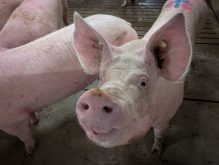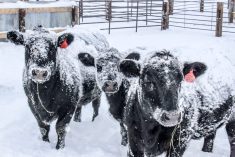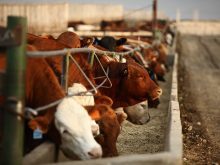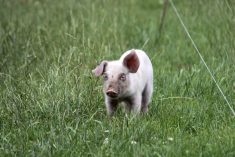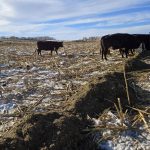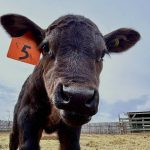Canada will have to wait up to three more months before it can impose retaliatory tariffs on U.S. goods over Washington’s mandatory country-of-origin labelling (COOL) law on meat from imported livestock.
The U.S. government on Friday filed a notice of appeal against the latest ruling by a World Trade Organization (WTO) compliance panel, which last month released a ruling asking that COOL be brought “into conformity with (WTO) obligations.” [Related story]
A new appeal would take the matter back to the WTO Appellate Body, which in 2012 shot down much of Washington’s appeal of a WTO Dispute Settlement Body (DSB) ruling against COOL in 2011.
Read Also
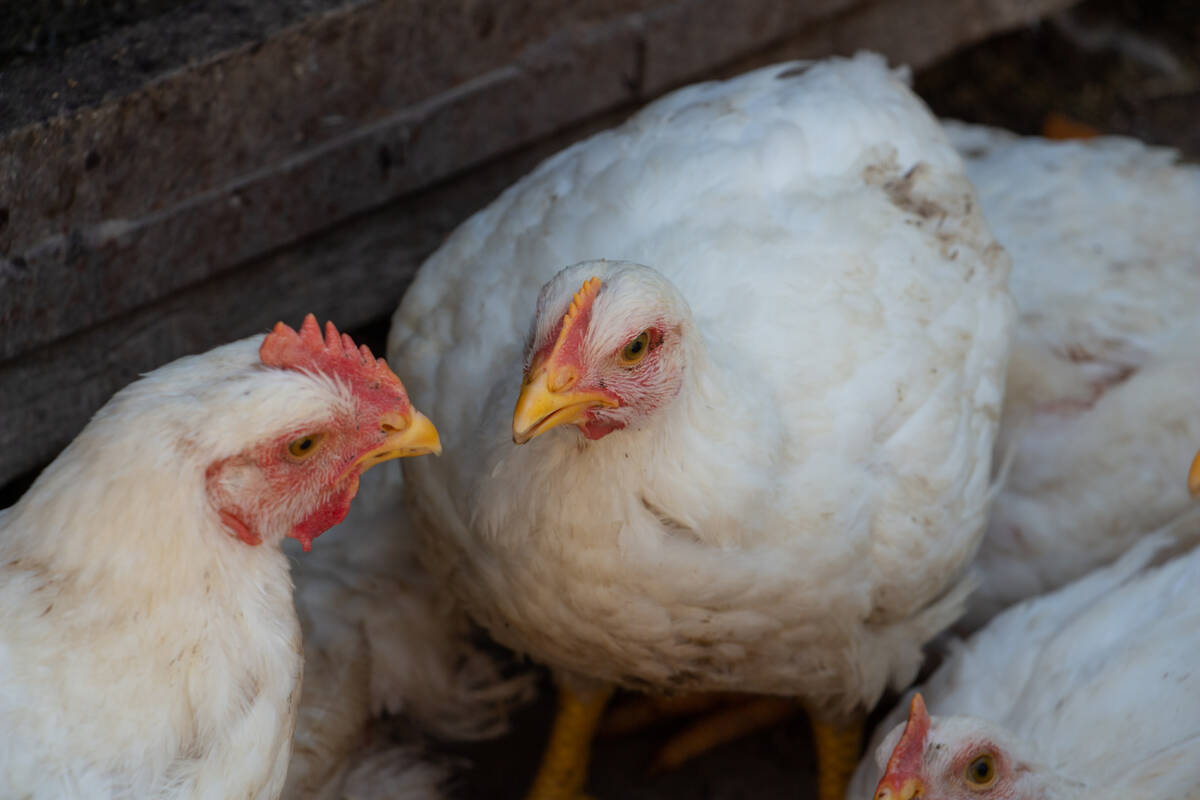
Chicken, eggs benefit from demand for economical protein
Strong demand for protein and status as an economical alternative to beef bodes well for chicken and egg demand in 2026 according to recent analysis from Farm Credit Canada.
The new appeal would be heard by a three-member panel of the Appellate Body, which then has “up to three months to conclude its report,” the WTO said in a statement Friday.
“This is a stall tactic by the U.S. for sure,” Canadian Cattlemen’s Association president Dave Solverson said in a release Friday, “but one that can only end with the U.S. making an appropriate resolution to COOL that is acceptable to Canada and Mexico in order to avoid retaliation.”
However, the cattle producers’ group said right now it’s interested “in the right fix as opposed to a fast fix” for COOL.
Details of the U.S. government’s grounds for a new appeal were not immediately available Friday.
The WTO, however, emphasized Friday that an appeal will “have to be based on points of law, such as legal interpretation.” An appeal “cannot re-open factual findings” made by the compliance panel.
Passed by the U.S. government in 2008 and implemented in 2009, mandatory COOL requires country-of-origin labelling for beef, pork, lamb, chicken and goat meat, and certain perishable commodities sold at retail outlets in the U.S.
The U.S. Department of Agriculture’s revisions to COOL in 2013, in the wake of the Appellate Body ruling, tightened COOL’s labeling provisions for muscle cuts of meat. COOL now requires covered products’ labels to include even more specific information about where each production step (birth, raising, slaughter) took place.
The compliance panel in October ruled the revised COOL rule “increases the original COOL measure’s detrimental impact on the competitive opportunities of imported Canadian livestock.”
“Hurting farmers”
The impact of COOL on the Canadian cattle and hog sectors was estimated in 2012 to be about $1.1 billion per year, but Canadian livestock groups note that impact has increased since the U.S. amended COOL last year.
Canada’s Trade Minister Ed Fast and Agriculture Minister Gerry Ritz, in a joint statement Friday, said Canada is “deeply disappointed” with the U.S.’s latest decision to appeal.
Canada, they said, “fully expected the United States to live up to its international trade obligations and comply with the WTO ruling, which reaffirms Canada’s long-standing view that the revised U.S. COOL measure is blatantly protectionist and fails to comply with the WTO’s original ruling against it.”
By delaying action on COOL with another appeal, they said, the U.S. government “is yet again preventing both of our countries from enjoying the benefits of freer and more open trade and is hurting farmers, ranchers and workers in the U.S. and Canada.”
Ritz and Fast said they’re “confident” the WTO Appellate Body will uphold the principal finding of the compliance panel report, “that the amended U.S. COOL measure discriminates against Canadian livestock.”
Canada will be able to request WTO authority for retaliatory tariffs once a decision on this appeal is received confirming the compliance panel ruling, the CCA said, noting it expects a decision from the Appellate Body “perhaps as early as the spring of 2015.”
Barring any changes to bring COOL into compliance, Canada has already made out a shortlist of proposed retaliatory tariffs, targeting U.S. live cattle and hogs and fresh and frozen beef and pork products.
The shortlist, announced last summer, also calls for tariffs on U.S. cereal, bread, pasta, frozen potatoes, frozen orange juice, wine, cheese, cocoa, apples, cherries, fowl, maple syrup, ketchup, sugars, glucose and fructose and some other food- and non-food-related wares. — AGCanada.com Network




